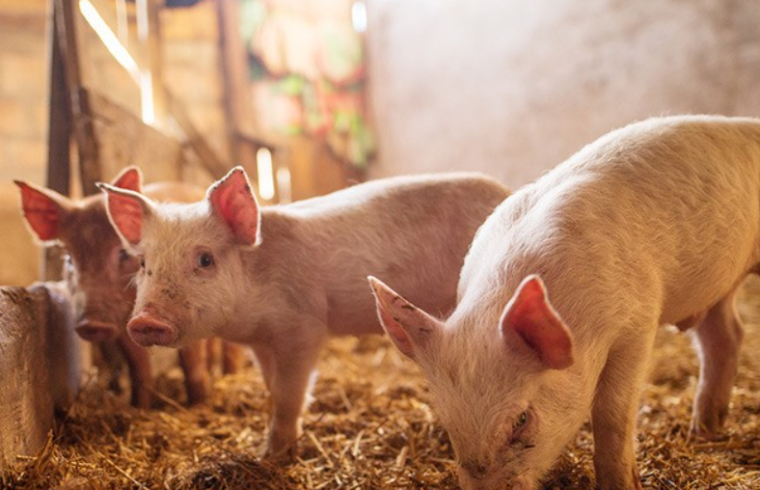In March, a surrogate sow at Nankai University’s College of Artificial Intelligence in Tianjin, northern China, purportedly gave birth to seven cloned piglets.
According to Liu, removing people from a previously created cloning system sped up the procedure and increased the success rate of the clones.
In 2017, Nankai University claimed to have cloned pigs using robots, albeit the procedure utilized at the time incorporated human input. The Chinese scientists stated that human involvement was associated with a greater margin of error, which Liu’s team claimed to have effectively reduced through better algorithms during its most recent cloning effort.
The scientists’ AI system purportedly employed these techniques to educate robots to do things more correctly than humans.
Chinese scientists produce world’s first pigs cloned entirely by robot https://t.co/vmunjTK5ys
— South China Morning Post (@SCMPNews) June 2, 2022
If accurate, Nankai University’s cloning breakthrough is extremely noteworthy in China, which is the world’s largest pig eater and producer. The pork sector in the country is currently reliant on the import of breeding pigs. A viable pig cloning process might provide a lower-cost pork source for China’s agriculture business, which would also benefit Chinese consumers.
When a statewide epidemic of the African swine fever virus destroyed the country’s pig population and wiped out much of its domestic breeding pool in 2018, China’s pork sector took a huge hit. In the years afterwards, Beijing has sponsored an agricultural program aimed at weaning Chinese pig farmers off imported stock and encouraging them to develop self-sustaining herds instead.
The Chinese government has registered about 100 hog farms in the government-sponsored initiative. Best Genetics Group, a Chinese pig breeding enterprise, is one of the initiative’s participants (BGG).












